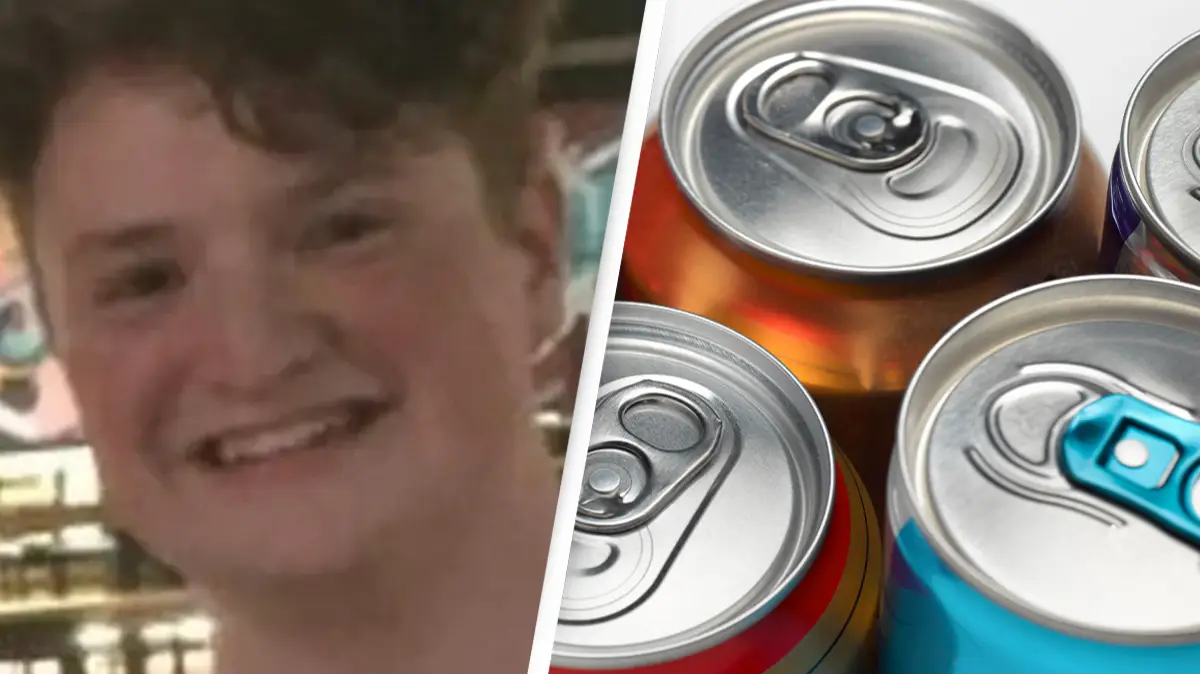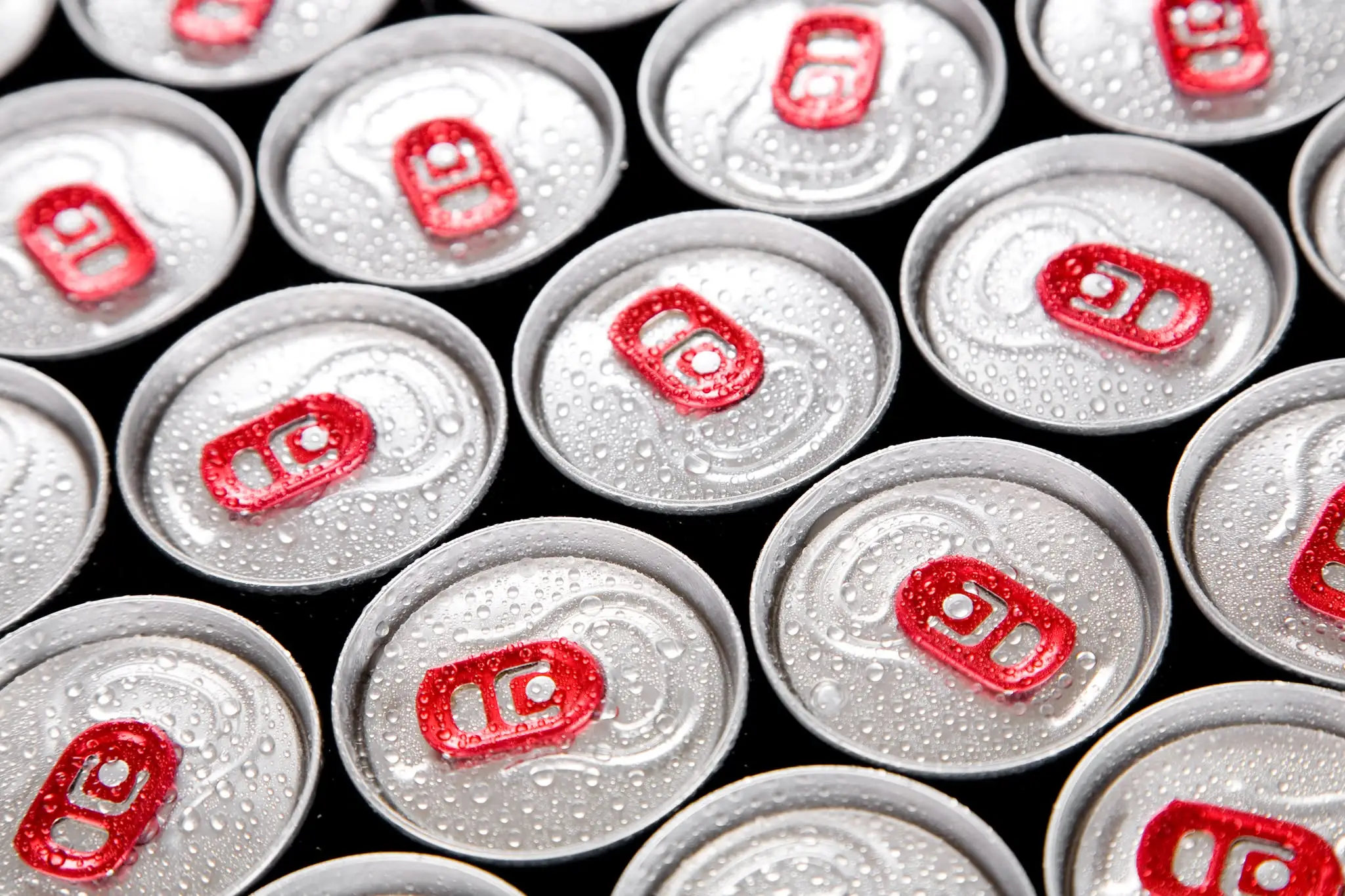
After a 16-year-old boy died in what is believed to be a caffeine overdose, a warning has been given to others about drinking too much of those products.
Most people have a caffeinated drink every day, and maybe even two or three - maybe four or more.
It all depends on the day, whether you need stress-relief or more energy throughout the day.
However, there are hidden dangers when consuming too much, which could cost you your life.
Advert
As was the case of Allen Cripe.
How did Davis Allen Cripe die?
Cripe died in 2017 from a caffeine overdose two hours after drinking caffeine-fueled soft drinks, coffee and an energy drink, as per a South Carolina coroner.
Gary Watts, the coroner in question, told a press conference just one month after his heart gave out.
"On this particular day within the two hours prior to his death, we know had consumed a large diet Mountain Dew, a café latte from McDonalds and also some type of energy drink," Watts said. "It was so much caffeine at the time of his death that it caused his arrhythmia."
While it could be speculated that Cripe had an undiagnosed heart issue, which was exacerbated by his caffeine consumption, that was not the case.
"The autopsy was performed and there was nothing there to indicate any type of... undiagnosed heart condition," Watts said.
Watts has been very open about his thoughts on caffeine drinks, even sharing how he warns others to steer clear.
"These drinks can be very dangerous," Watts said. "I'm telling my friends and family don't drink them."
What is a caffeine overdose?
A caffeine overdose occurs when a person’s intake of caffeine is more than the recommended amount, causing a range of harmful symptoms and even death in some cases.

Caffeine essentially prompts the release of natural compounds called catecholamines, including norepinephrine.
Norepinephrine is a stress hormone that can speed the heart rate.
According to the Mayo Clinic, the recommended amount of caffeine is up to 400 milligrams each day for healthy adults.
Adolescents should have no more than 100 mg of caffeine per day, and pregnant women should limit their daily intake to less than 200 mg of caffeine per day.
If a person ingests more than this amount, you could expect to experience these symptoms:
· dizziness
· diarrhea
· increased thirst
· insomnia
· headache
· fever
· irritability
For a more serious overdose, which requires medical intervention, you might expect to see or feel trouble with breathing, vomiting, hallucinations, confusion, chest pain, irregular or fast heartbeat, uncontrollable muscle movements and convulsions.
A caffeine overdose can be life-threatening in the most severe cases, and it can even cause things including an irregular heartbeat and seizures.

What have experts said about caffeine overdosing?
Of course, Watts has been very open about this topic, particularly when it comes to warning friends and family of the dangers of the drinks.
But he also understands that people may not be too aware of the dangers.
"I realize this is a controversial scenario," Watts added. "There are are obviously people that don’t think this can happen -- that you can have this arrhythmia caused by caffeine."
Watts said he hoped the case would help to prevent more deaths by caffeine overdoses.
"The purpose here today is not to slam Mountain Dew, not to slam cafe lattes, or energy drinks. But what we want to do is to make people understand that these drinks — this amount of caffeine, how it's ingested, can have dire consequences. And that's what happened in this case," Watts said.
The American Academy of Paediatrics (AAP) warned against children and teenagers consuming energy drinks, saying ‘no-one can ensure they are safe’ as the ingredients have not been tested on children.
It also says they have side-effects, including irregular heartbeats and blood pressure changes.
If you think you might be having a caffeine overdose, it’s important to call for immediate help if you are experiencing any of the symptoms listed as severe in the above section.
Topics: Health, US News, Food and Drink
